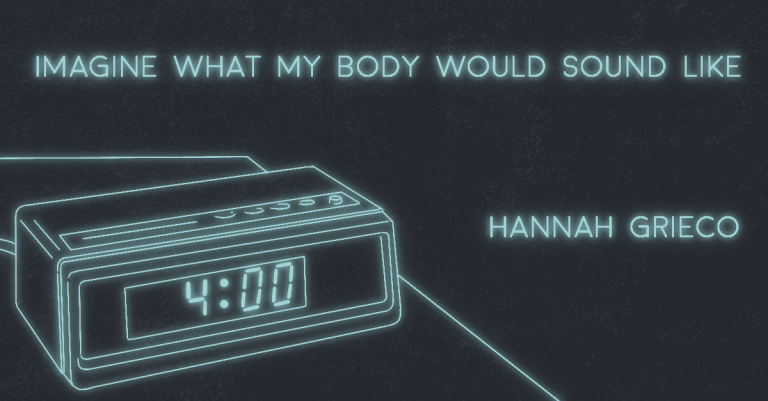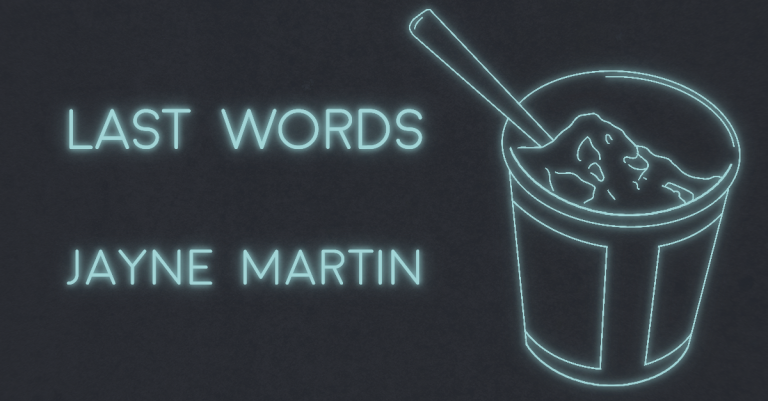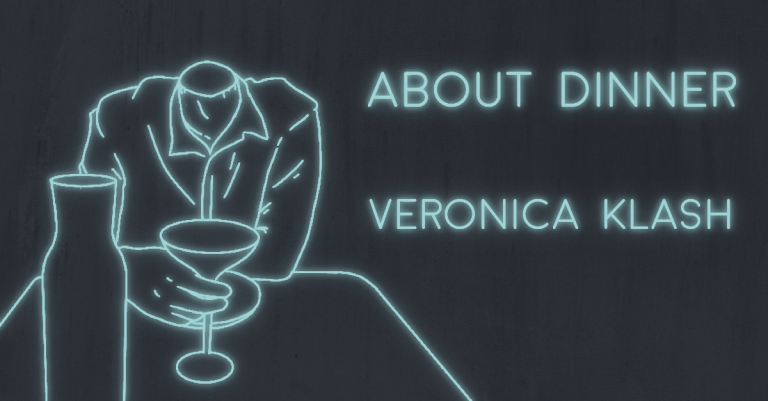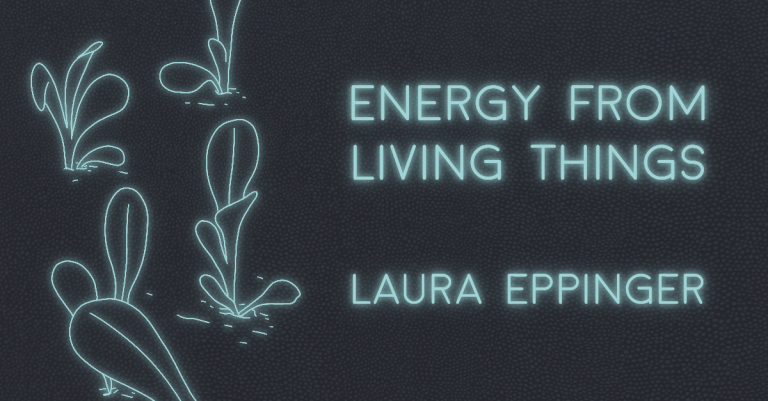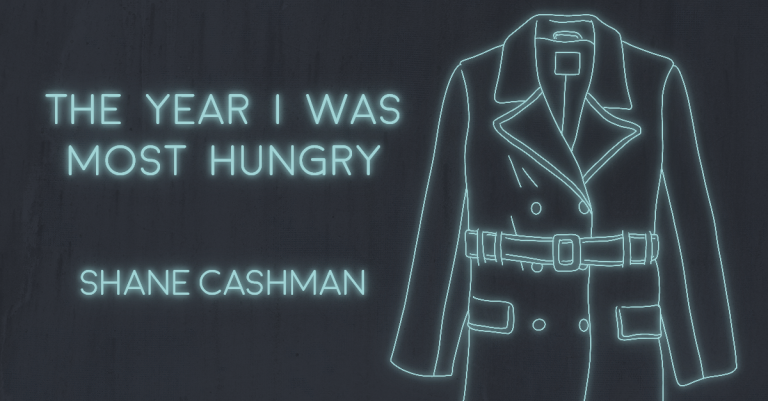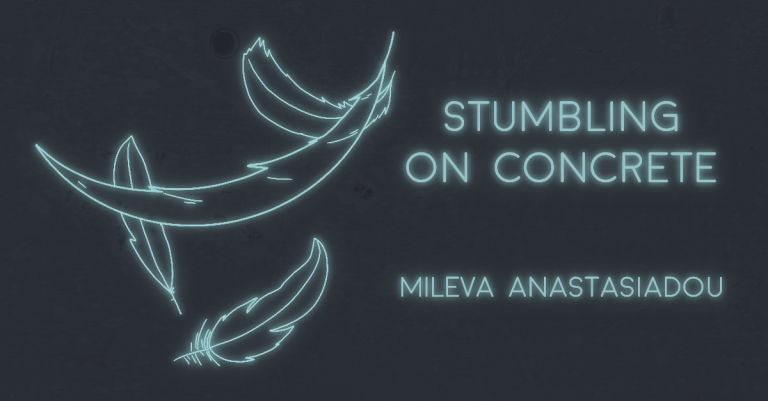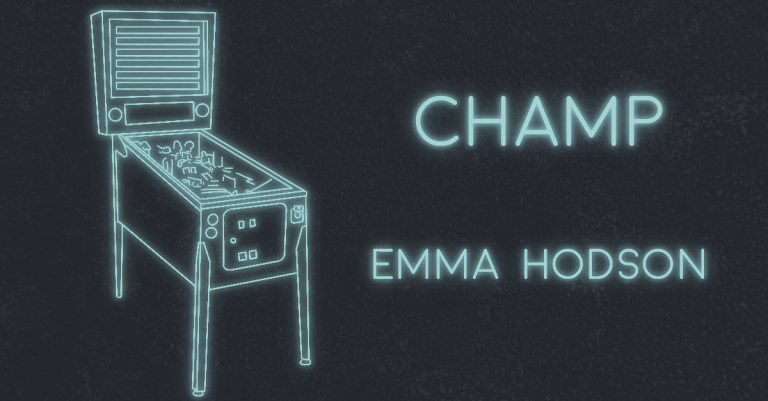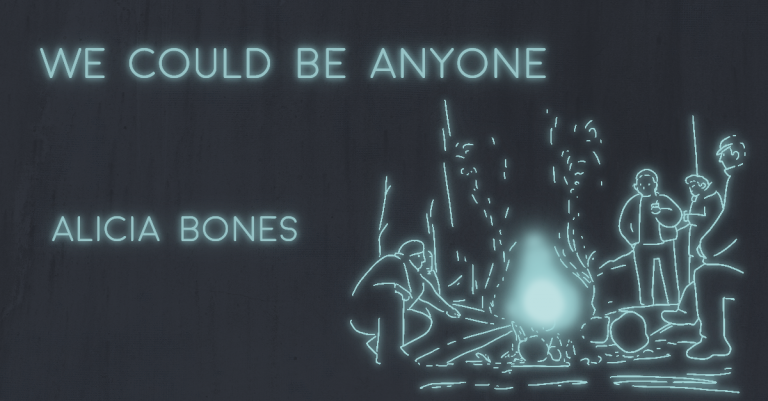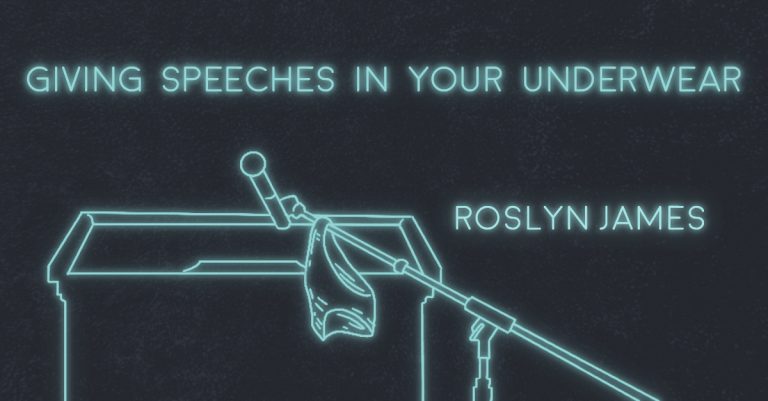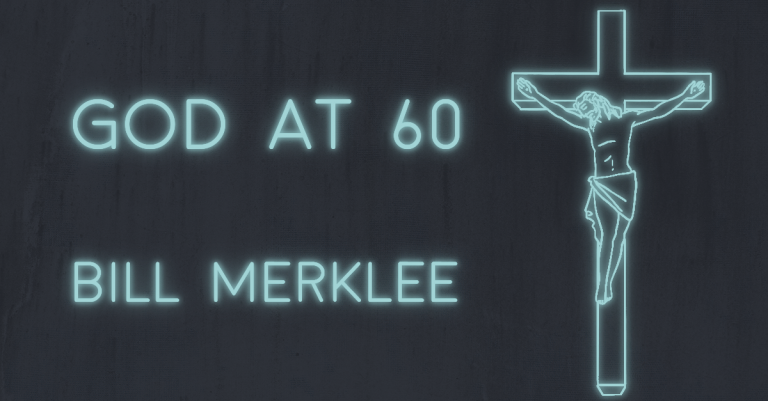
GOD AT 60 by Bill Merklee
We started as marginal Catholics, going though the motions. Now I was having dinner with Kenny, the only one of us who’d stuck with it. Father Postlewaite to his parish. It’d been too long. “Andre still an atheist?” he said. “Yup. In Oregon. Found himself a nice godless girl.” “And Coyne?” “Still waiting for Armageddon.” Kenny grinned without looking at me, eased back in his chair. “Remember that comparative religion class? All those speakers trying to explain their faith before the bell rang?” “The Baptist preacher in the powder blue suit? Right out of central casting.” “They’d never get away

